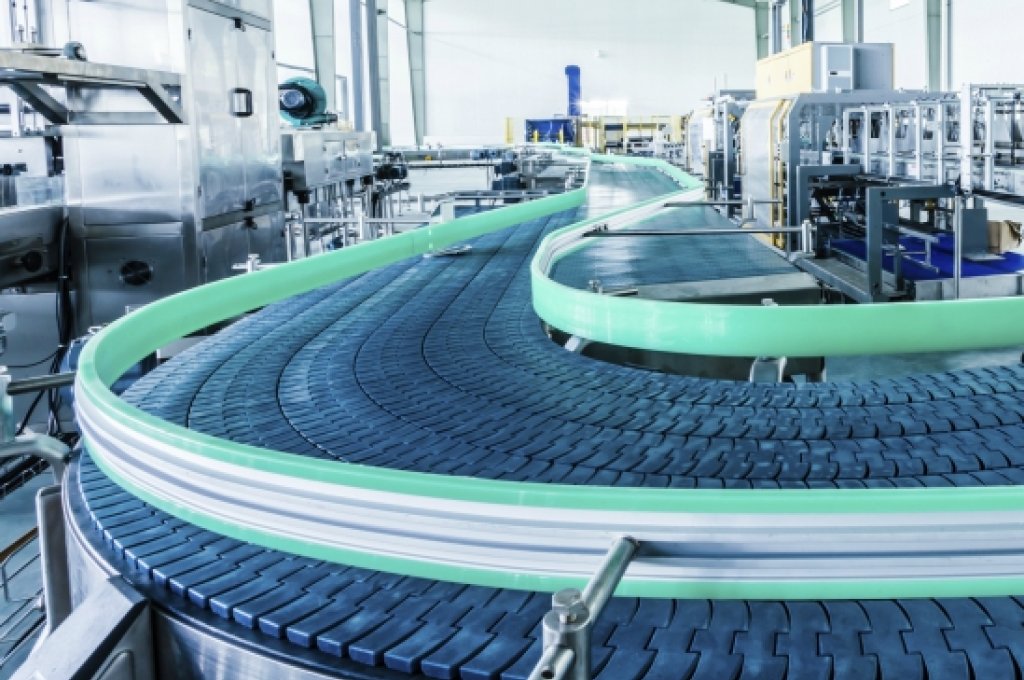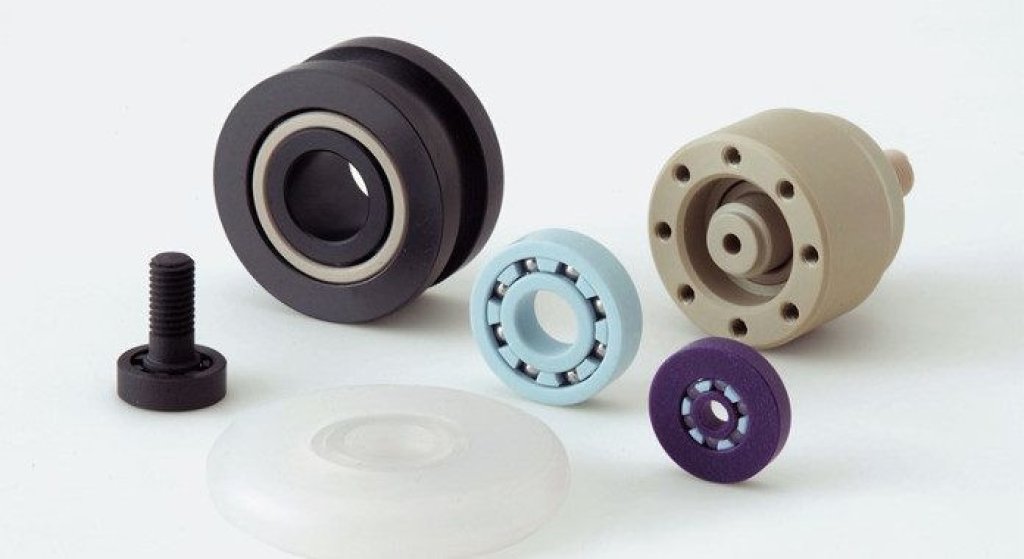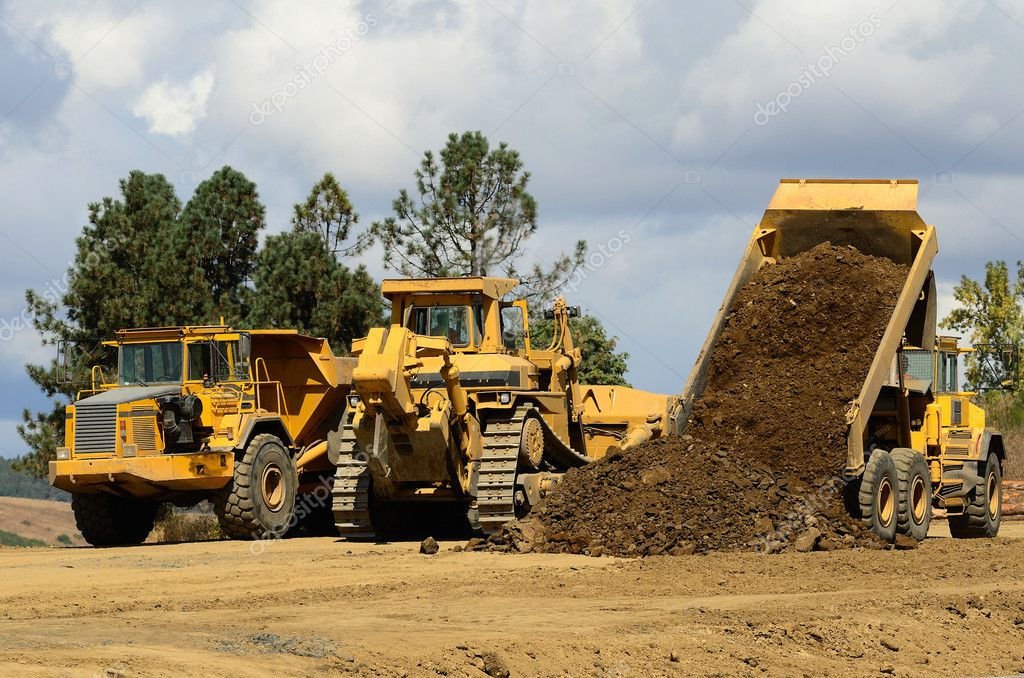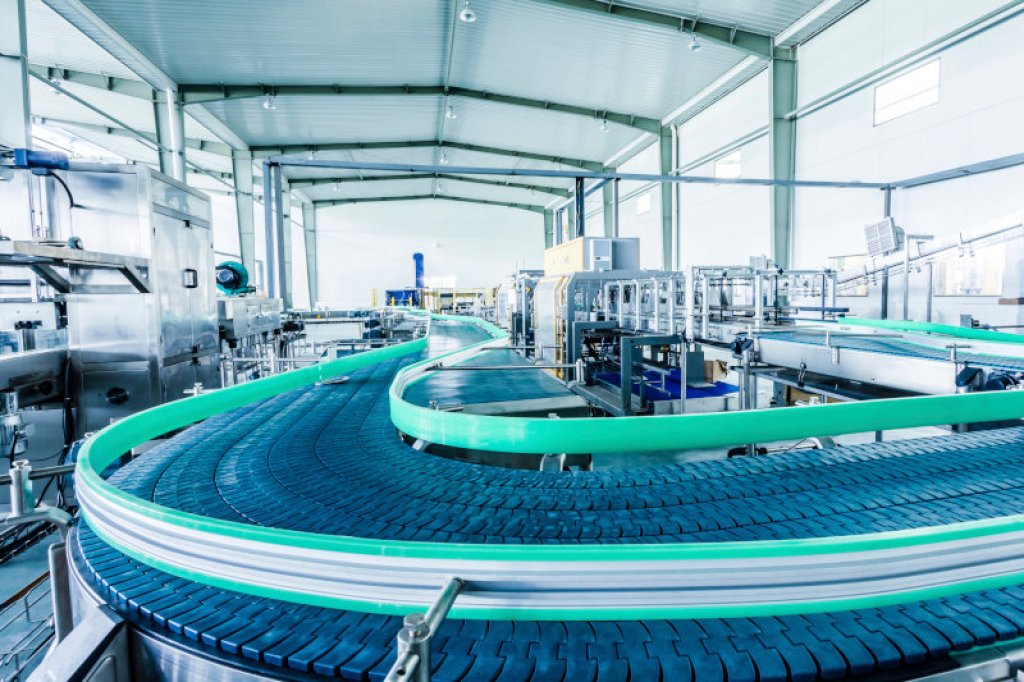The fast-paced world of material handling touches all our lives in many ways we often take for granted. In today’s highly connected marketplace, it is imperative that material handling operations move rapidly and with the utmost efficiency. This affects packaging and transit operations, food processing, medical products, and many other industries. The team at Piedmont is knowledgeable in all our product offerings and can help you choose the best materials for your project. For more challenging applications where the standard materials just won't do, our team of experts will work closely with you to find the best solutions.
Common Plastics for Material Handling
Material handling processes often utilize machinery with many moving parts. After time, the points of contact between these moving parts can wear down and cause disruptions in the workflow. Performance plastics offer the best solution thanks to the versatility and durability of these reliable materials. Our plastic products also improve material handling operations by helping to reduce noise, enhance employee safety, and keep conveying environments contaminate free. There are numerous plastics that can help serve the needs of those in the material handling industry and many have similar or unique characteristics.
UHMW is highly durable, cost-efficient, and versatile. It is commonly known for its extremely low coefficient of friction, inherent lubricity, superior impact strength and chemical resistance. Natural virgin UHMW has an extremely high molecular weight, making it extremely resistant to abrasion and moisture absorption. UHMW can also be used for applications such as chute liners, conveyor systems, star wheels, thrust washers, valves and fittings, and wear strips.
HDPE is a versatile product with low moisture absorption, excellent impact resistance, high tensile strength, and good chemical and corrosion resistance. HDPE does not splinter, rot, or retain harmful bacteria. It is recyclable, and extremely resistant to the harsh chemicals of cleaning solutions. HDPE can be used for applications such as bottling lines, conveyor systems, and material handling wear strips.
Polyurethane is a unique material with formulations covering an extremely wide range of stiffness, hardness and densities. Polyurethane also features superior tear and abrasion resistance, substrate adhesive abilities, excellent load bearing and flex fatigue, and compression resistance. In addition, this material can be fabricated, machined and thermoformed and can be UL, FDA, and/or RoHS compliant. Polyurethane can be used for applications such as wire harness fixtures, conveyor systems, and bottling lines.
Polycarbonate is a transparent plastic material with exceptional impact resistance, toughness, low moisture absorption, dielectric properties, flame retardance. Polycarbonate is 30 times stronger than acrylic, and over 200 times stronger than glass. It is lightweight, weighing six times less than glass. Polycarbonate is also a great insulator. Polycarbonate can be used in applications such as machine guards, heavy equipment glazing, and conveyor systems.
ABS is an impact resistant and durable product with low moisture absorption rates. ABS materials boast a highly heat tolerant design allowing for ease of thermoforming and sonic welding on wood, epoxy, ceramic, and aluminum. Parts made with ABS can be joined with machine screws, bolts, nuts, rivets, and spring steel fasteners. ABS can be used for applications such as packaging materials and electrical enclosures.

















